What parents should know about pediatric anesthesia

If your little one needs surgery, odds are good you have many questions — and concerns. Is it really OK to put kids under general anesthesia?
Advertisement
Cleveland Clinic is a non-profit academic medical center. Advertising on our site helps support our mission. We do not endorse non-Cleveland Clinic products or services. Policy
“Anesthesia is very safe. Parents and families shouldn’t be scared,” says pediatric anesthesiologist Julie Niezgoda, MD.
Still, it helps to understand what’s involved so you can minimize the risks and know what to expect. Here’s what you should know about anesthesia in kids.
Anesthesia is used during surgeries or other medical procedures to sedate patients (put them to sleep) and control their pain. But anesthesia isn’t just one drug. Anesthesiologists use a variety of medications to sedate a patient and control pain.
They carefully adjust the amount of each drug for a child’s age and weight, so kids don’t receive more medication than they need, Dr. Niezgoda explains. And anesthesiologists monitor patients carefully to make sure they stay asleep for the whole procedure and experience as little pain as possible when they wake up.
Anesthesia today is even safer than it was a generation ago, thanks to advances in technology and medication. And it’s getting safer all the time, as more and more specialists train in providing anesthesia to the youngest patients.
“In the last 10 years, more pediatric anesthesiologists have been trained than in the history of pediatric anesthesia,” Dr. Niezgoda says.
Advertisement
Overall, anesthesia has a low risk of complications, Dr. Niezgoda says — even in very young children. The most common side effects are relatively mild, such as nausea and grogginess.
The U.S. Food and Drug Administration warns that “repeated or lengthy use” of general anesthetic or sedation drugs in children under 3 may affect brain development. But, says Dr. Niezgoda, these warnings are based on animal studies. There are also many factors that contribute to brain development, which can make it challenging to isolate any potential effects of anesthesia. However, ongoing human studies continue to look at brain development in children exposed to anesthesia multiple times or for longer period of time.
Studies of children with a single exposure to anesthesia are encouraging. One study of healthy children under 3 found that a single exposure to anesthesia did not affect children’s IQ scores later in childhood.
To play it safe, anesthesiology guidelines recommend delaying some elective surgeries until after a child’s third birthday. Parents can push off a cosmetic procedure to remove a birthmark without risk to the baby’s health.
But in many cases, delaying surgery is riskier than the small risks from anesthesia, Dr. Niezgoda says.
“Putting off surgery to correct an eye misalignment can affect a child’s visual development, and delaying surgery to treat recurrent ear infections could affect a child’s speech and cognitive development,” she explains. “If a child really needs the surgery, there’s no reason to delay.”
For many families, the worry leading up to a child’s surgery is the hardest part. Take some time to prepare so that you can calm the butterflies in your child’s tummy (and your own).
Advertisement
Not all surgeries require an anesthesiologist that specializes in kids, Dr. Niezgoda says. But if your child is having a lengthy or complex procedure, she recommends discussing with your child’s surgeon whether a pediatric specialist is available.
Anesthesiology researchers are continually innovating to find new and better ways to treat kids, she adds. “Researchers are exploring new and safer drugs that continue to decrease the risk of long-term outcomes in children,” she says. “We’re constantly creating new combinations of anesthetics that are the safest possible based on what we know about the developing brain.”
Advertisement
Learn more about our editorial process.
Advertisement

It’s never too early to teach your kids who strangers are and how to avoid unsafe situations
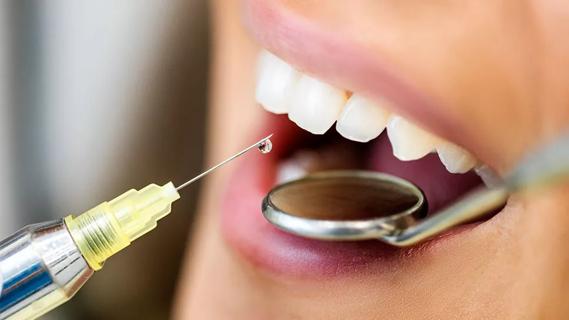
The numbness and tingling should wear off in about two hours
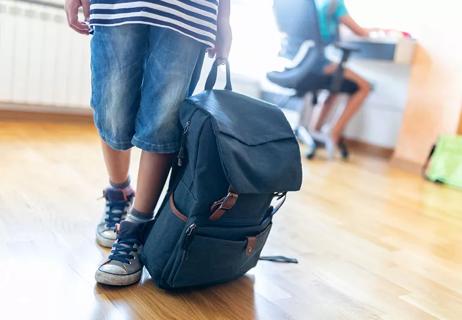
For starters, pick the right size backpack for your child, with wide, padded straps

Hydration and sleep are as important as avoiding dirty surfaces

Most chest pain in kids isn’t worrisome, but there are some symptoms that deserve attention
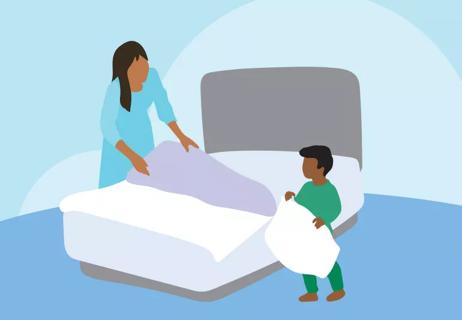
Maturity and safety matter more than age
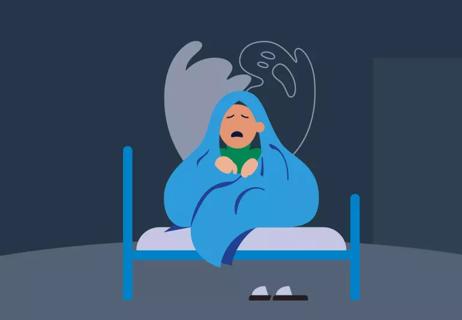
Nightmares in children are common and more likely when your child is overtired or stressed
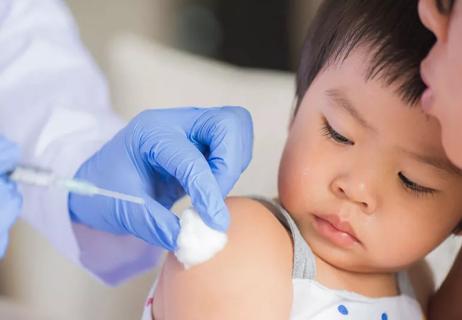
These visits include getting important vaccines and checking on developmental milestones

Type 2 diabetes isn’t inevitable with these dietary changes

Applying a hot or cold compress can help with pain